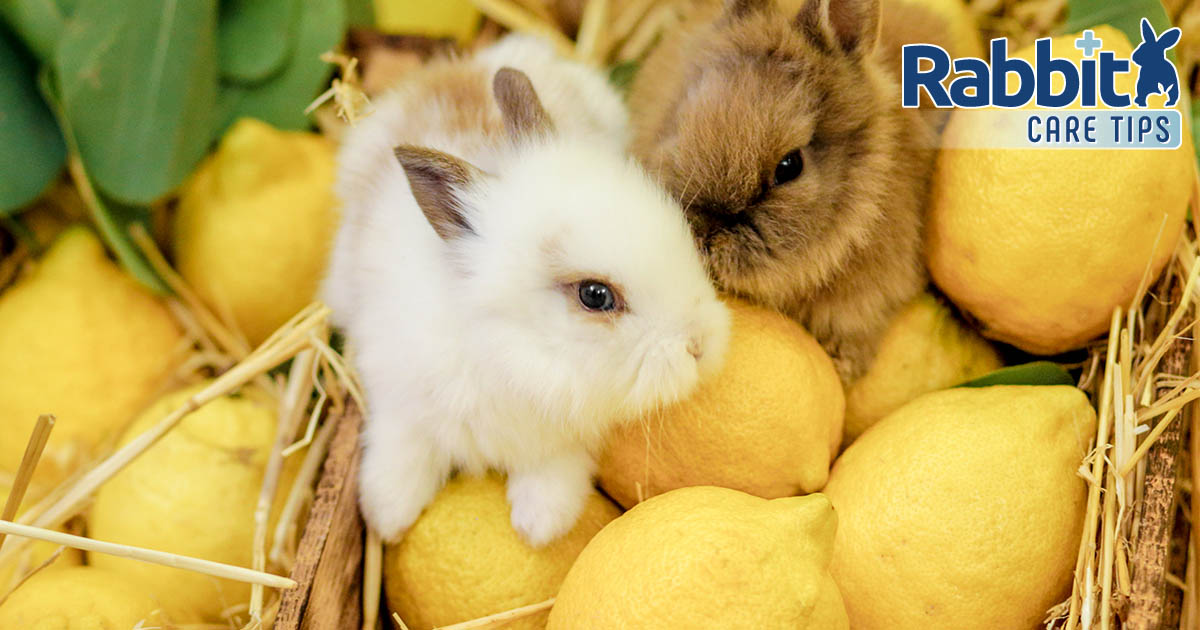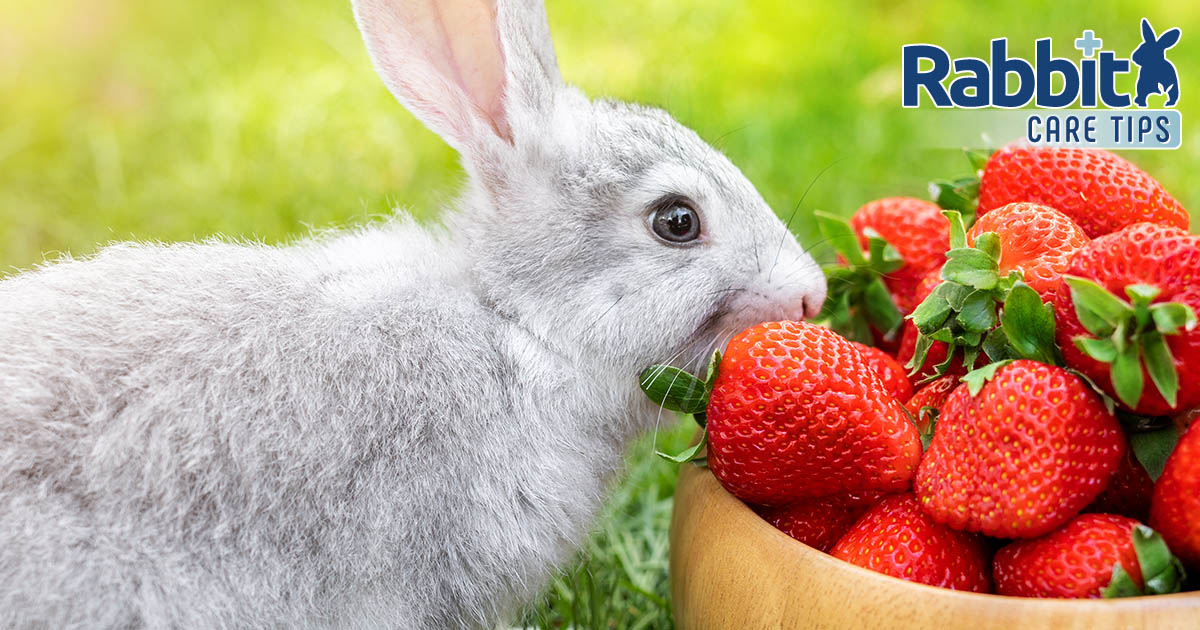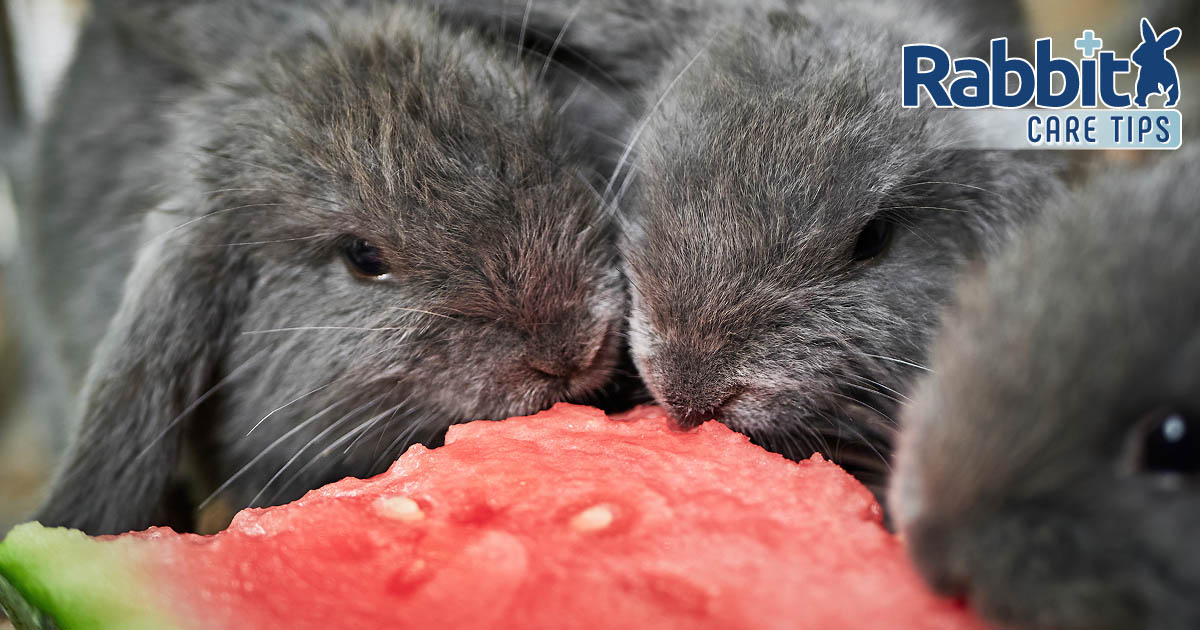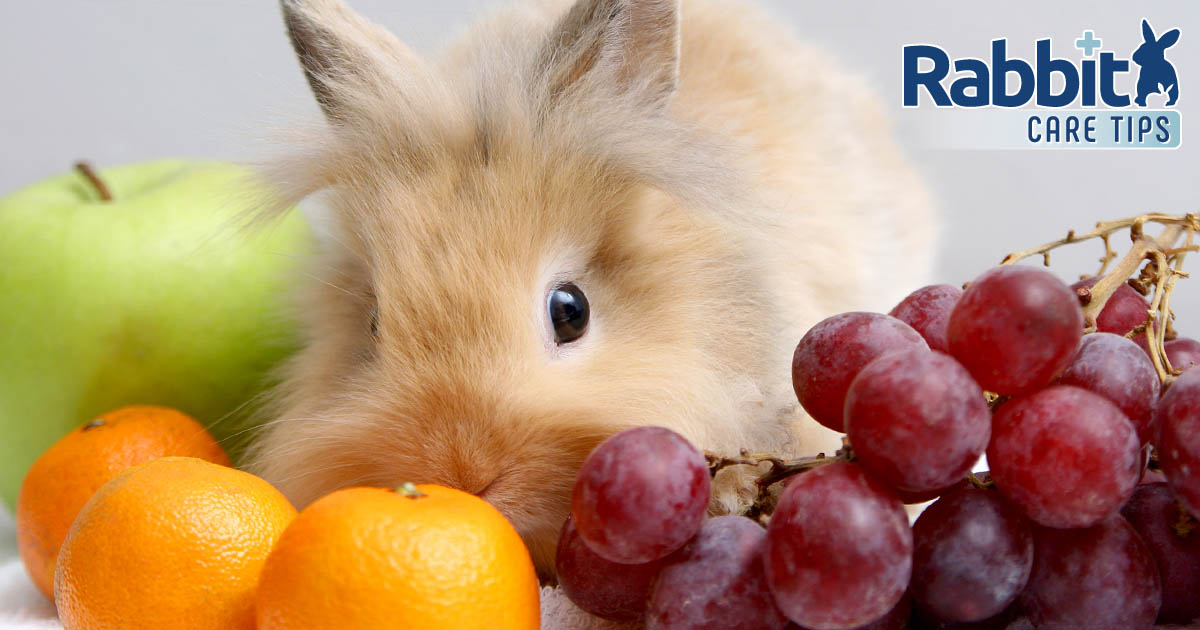If you have a pet rabbit, working out what to feed to it and how to keep its diet varied is crucial. Rabbits thrive on being fed many different kinds of foods, but you need to know which foods are safe and which aren’t and have an understanding of the quantities that a rabbit can safely eat.
Always check before feeding any kind of fruit to your rabbit, and introduce fruits slowly. Give your rabbit one small piece to begin with, and see how it responds over the next couple of days. If the rabbit is fine, you can start giving it that fruit on a more frequent basis, although it should still be reserved for treats.
Are Citrus Fruits Safe for Rabbits?
Citrus fruits are ones that rabbit owners are often hesitant about. Citrus is highly acidic, and there are some rodents that cannot eat it (such as rats), so it’s important to check before giving it to your rabbit – but you might be surprised to learn that small amounts of citrus fruits are considered safe for rabbits.

The citrus group includes things like:
- Oranges
- Tangerines
- Lemons
- Limes
- Grapefruits
- Pomelo
These should all be safe for a rabbit to eat in small quantities, although you may find that your rabbit does not like them, particularly fruits such as lemons. Sour flavors do not tend to be favored by rabbits. However, some owners find that their bunnies love them – so it may be worth testing.
You should remember that these fruits are all highly acidic, as well as being sugary, and rabbits have delicate digestive systems. Eating a large amount of citrus could cause stomach upsets and discomfort, so only feed this kind of fruit in very moderate amounts on rare occasions.
It is also safe to feed your rabbit the peels of these fruits, but you should wash and chop them first. Ideally, choose organic fruits if you are going to give your rabbit the peels.
The peels are often better for them than the flesh of the fruit because they contain more fiber, so don’t be afraid to offer small chunks to your rabbit, but do not give them a lot.
Overall, citrus fruits should be safe in moderation. Do not give your rabbit orange juice, however, as this is very high in sugar and low in fiber and would be bad for the rabbit.
Are Berries Safe for Rabbits?
Many people love sharing berries of every description with rabbits, and berries are generally a great option if you want to give your rabbit fruit. There are plenty of kinds that the rabbit can enjoy, including:
- Blueberries
- Blackberries
- Raspberries
- Strawberries
- Cranberries
- Gooseberries
- Juniper berries
- Blackcurrants
- Redcurrants

Berries are considered among the safest fruits for rabbits, and they are highly convenient because it’s easy to rinse them and portion out just a few for your bunny to enjoy. You don’t need to worry about pips, skins, cores, etc.
Most berries are also packed with goodness that will help to improve your rabbit’s diet and ensure that it is getting a wide variety of nutrients to keep it healthy.
However, they are still sugary and do not contain enough fiber to be fed to rabbits too frequently. They can cause diarrhea, stomach cramps, and obesity if your rabbit eats too many of them.
You should rinse berries before offering them to your rabbit, but there’s no need to chop them or otherwise process them; your rabbit can eat them as they are.
If you have a glut of berries from your garden, consider freezing some so that your rabbit can enjoy them in the future rather than trying to eat too many at once. Buying frozen berries from the store is also a reasonable option to ensure your rabbit can snack on berries all year round.
Are Apples Safe for Rabbits?
Yes, you can feed your rabbit pieces of apple. It doesn’t matter what color the apple is; they are all safe for your rabbits, whether red, green, yellow, etc. If you have an apple with your lunch, consider slicing a small piece off for your rabbit.
However, it is very important to remove any pips from the apple and to cut it away from the core. The core and the seeds both contain cyanide in small quantities and while it is unlikely to do any harm to your rabbit, it’s best not to give it to them.
Are Melons Safe for Rabbits?

Melon is a refreshing, summery snack that rabbits love, and again, it is safe when fed in moderation. You can feed your rabbit melon flesh and melon peel, but you should again remove the pips.
The pips are a choking hazard, and as rabbits cannot vomit, they can cause digestive issues and blockages if they are swallowed. Simply scrape away the part of the melon that contains seeds, and inspect the rest of the flesh to ensure that none have become embedded in it. Even one seed could be dangerous, so be thorough.
Most rabbits are avid melon-eaters, but you do need to be cautious because melons are particularly high in sugar and must be fed in small quantities.
There are a few different kinds of melons, including watermelons, cantaloupes, and honeydew melons. Honeydew melons tend to be particularly sugary, so feed them in even smaller amounts in order to keep the sugar intake down.
Since rodent teeth grow continuously, your rabbit needs foods that will grind its teeth down, and melon will not do this, especially if you do not feed your rabbit the rind. It’s often a good idea, therefore, to offer it small pieces of the rind alongside the soft flesh.
Are Stone Fruits Safe for Rabbits?
Many stone fruits are safe for rabbits once the stone has been removed, although it is always a good idea to check the specific fruit, as there are many kinds of stone fruits. Some safe options include:
- Nectarines
- Plums
- Cherries
- Apricots
- Peaches
Again, you must ensure that you are only offering these in small amounts; a couple of teaspoons of any one will usually be plenty of sugar for a rabbit. Most of these fruits contain valuable nutrients, such as vitamin C, vitamin K, and vitamin E, and also things like magnesium, copper, zinc, potassium, folate, and fiber.
The skins of the fruits are safe for rabbits, and they will help to boost the fiber content of the treat, which makes it easier for the rabbit to digest it safely. Always wash these fruits before giving them to your rabbit, however.
You may also need to clean your bunny’s face after it has eaten a nice portion of these fruits!
Are Bananas Safe for Rabbits?
Yes, both bananas and banana peels (washed) are safe for rabbits to eat and can be beneficial. Bananas contain potassium, antioxidants, and vitamins A, B1, B6, and C. However, they are potentially addictive, and some rabbits get obsessed with them, so it’s important to exercise caution when giving your rabbit banana.
Do not feed your rabbit large amounts of banana under any circumstances. It might seem like one of the safe fruits because it contains less moisture, but bananas are still sugary, and they are also high in starch. Rabbits will eat as much banana as is on offer, so you need to make this a rare treat.
Similarly, although banana peel is not bad for them, it must only be fed in small quantities. Do not give your rabbit large pieces of peel; just a few little snippets will be sufficient.
Is Dried Fruit Safe for Rabbits?
No, dried fruit is generally not considered safe for a rabbit to eat. The sugar in dried fruit is considerably more concentrated due to the lack of moisture, and this could cause sugar spikes that will be damaging to your rabbit’s organs.
However, a small piece of dried fruit will not kill your rabbit if it snags one from a bowl or finds one on the floor. Some rabbit owners do choose to include dried fruit in the rabbit’s diet, but many consider this unsafe.
Always ensure there is plenty of fresh water and hay available if you are going to give your rabbit dried fruit.
How Much Fruit Can Rabbits Eat?
When you give your rabbit fruit, it’s important to think about the overall quantity that the rabbit consumes. Most rabbits love fruit and will eat as much as you give them, which is why it’s crucial that you moderate how much your rabbit is allowed to eat.
Because most fruits are high in sugar and water, they need to be fed in small quantities. Large amounts of fruit are very likely to give your rabbit an upset stomach and diarrhea, or possibly worse effects.
Don’t let a rabbit eat enough fruit to make itself ill, as rabbits cannot vomit, and too much sugar can play havoc with the digestive tract.
Larger rabbits can have slightly more fruit than smaller rabbits, and as a rule of thumb, you should feed bunnies one to two tablespoons of fruit for every five pounds of the rabbit’s weight (per serving).
They can have fruit a couple of times a week, preferably with a few days in between. This will give the rabbit’s digestive system time to deal with the fruit and recover and reduce the risk of the rabbit getting sick as a result of the sugar.
Feeding your rabbit too much fruit can result in obesity, which can be very uncomfortable and difficult to deal with in domestic rabbits, as they do not tend to get a lot of exercise. If you notice your rabbit gaining weight, cut back on any fruit treats and other sugary foods until it is a normal weight again.
Rabbits might love fruit, but it is only healthy in moderation, and it’s up to you to ensure that they do not eat too much of it!

